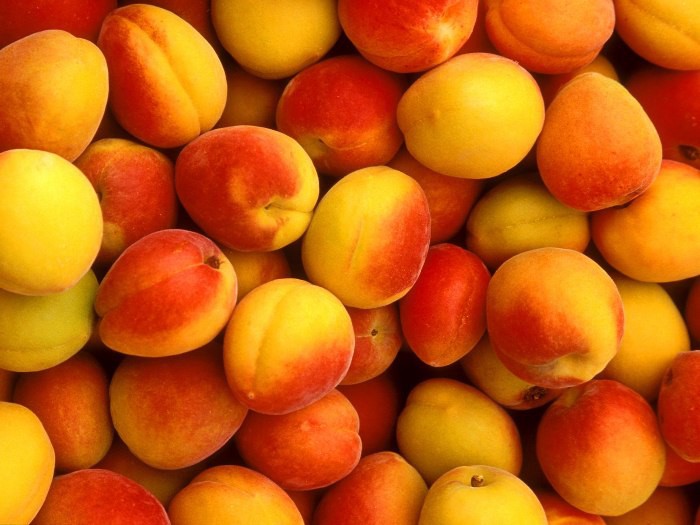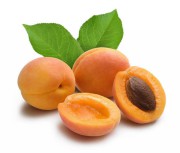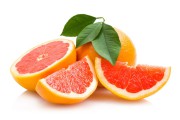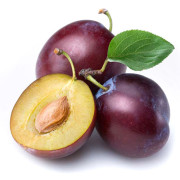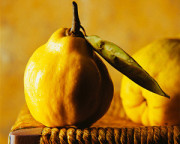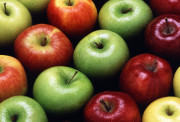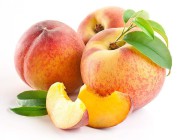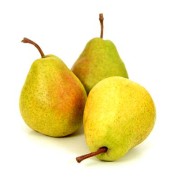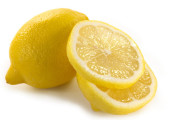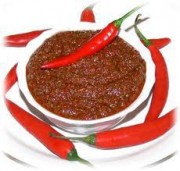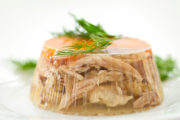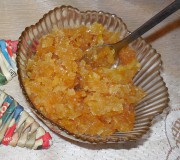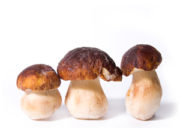The benefits of apricots and possible harm. What vitamins are in apricots? History, description and characteristics.
Apricot is a fruit tree belonging to the plum genus, rose family. The fruit of the tree is the apricot, a bright, orange-yellow seeded fruit with soft, juicy flesh and a sweet or sour taste.
Based on data obtained by historians, Armenia is considered the place of origin of apricots. The seeds of the plant were found in strata dating back to over 5 thousand years BC. The ancient Persians were among the first who learned to dry apricots and trade them in all corners of the earth accessible at that time. Thus, the world became acquainted with dried apricots.
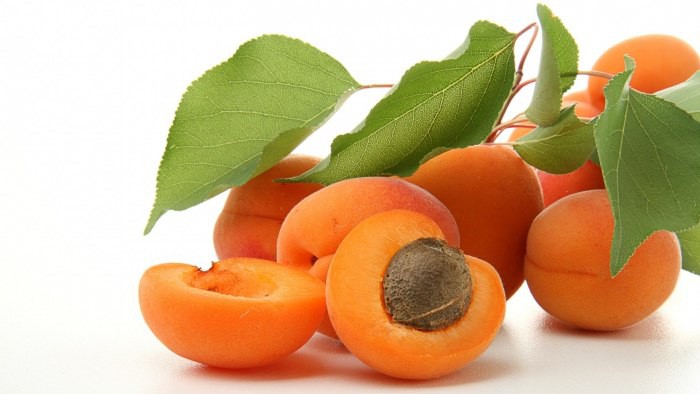
Content
Calorie content and composition of apricot.

Photo: apricots on a branch.
Fresh apricots contain 41 kcal per 100 grams of product. The ripe fruit contains: fiber, pectins, healthy sugars, organic acids, lycopene, tannins, vitamins A, C, E and some others, as well as potassium, magnesium, iron, iodine, phosphorus, etc.
Beneficial properties of ripe apricot

— the fruit is useful for preventing vitamin A deficiency, as well as potassium, magnesium and iron deficiency in the body;
— apricot is useful for digestive problems, including constipation and colitis, and poor metabolism;
— ripe fruits have a mild diuretic effect and have a beneficial effect on renal function;
- apricot is able to improve the functions of the pancreas;
— ripe fruits are useful to consume after serious illnesses, operations as a restorative agent, and the fruit is also extremely useful for children;
- due to the presence of a powerful natural antioxidant - beta-carotene, apricot has a strong anti-cancer effect, blocking the growth of any tumors;
— regular consumption of apricots has a positive effect not only on the physical, but also on the mental state of a person.
How to use?
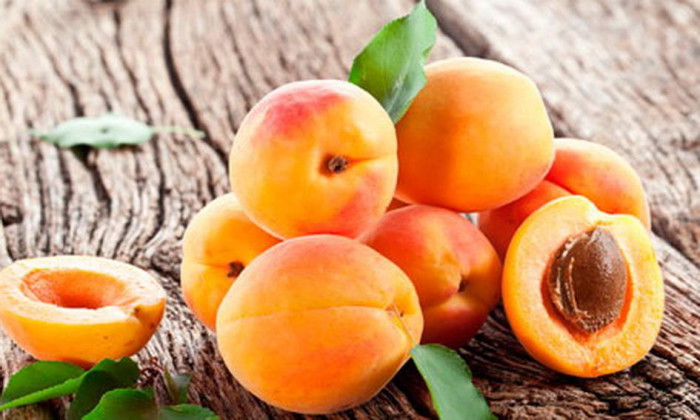
Apricots can be eaten fresh or dried, and you can also make juice from these healthy and juicy fruits.
The fruits are used to make jam, compotes, jams, jelly and even vodka.
Apricot kernels are widely used in cosmetology.
What harm can apricots cause to the body?
Apricots are rich in sugar, so people with diabetes should calculate their fruit intake in strict accordance with the allowed amount of sweets per day.
How to preserve fruits for future use.

Jam, marmalade, jam, compote, jam - this is not a complete list of ways to preserve apricots. But drying, that is, turning the fruit into dried apricots, is the most common, simple and reliable way to preserve the beneficial properties of apricots for a long time.
